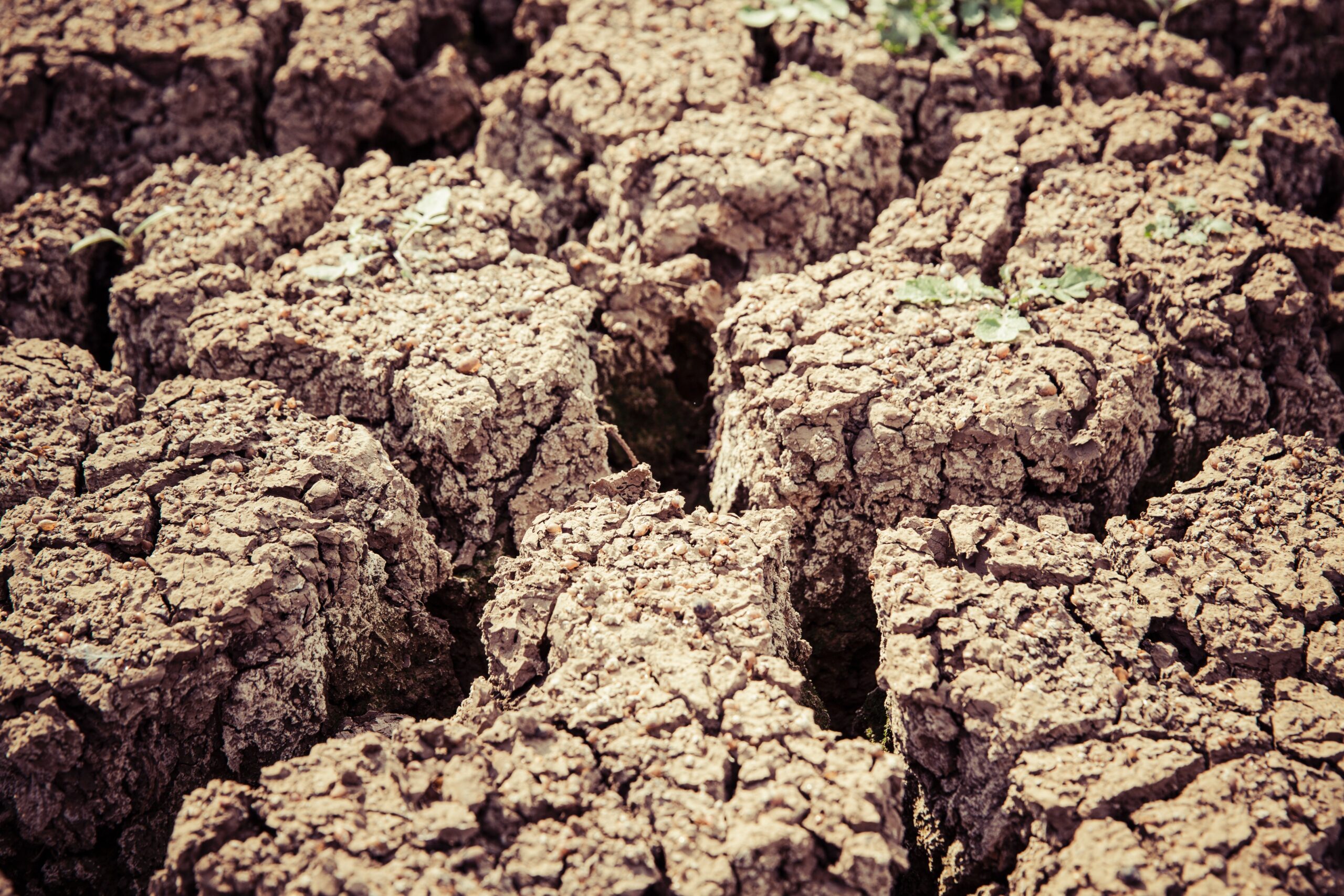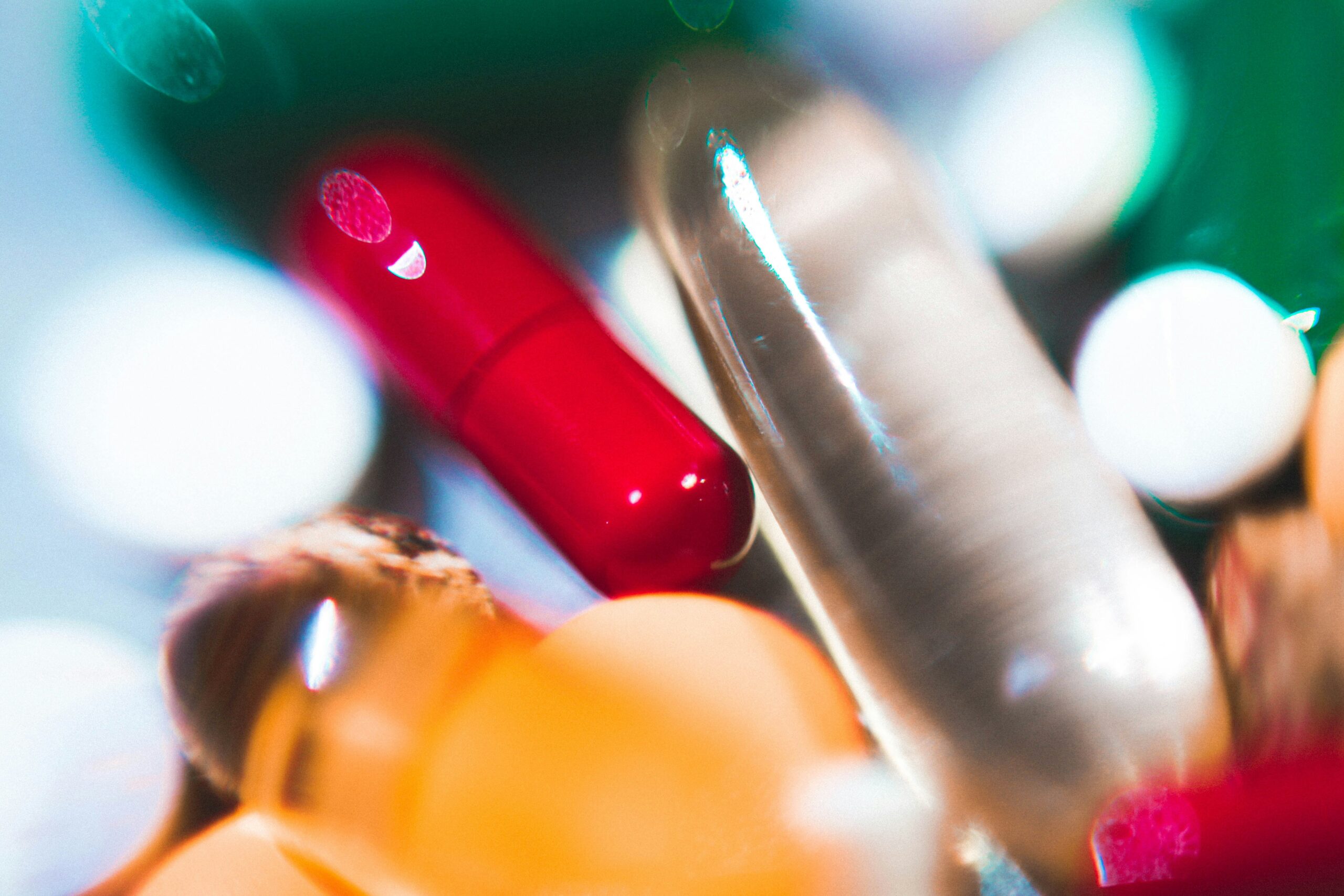A Comprehensive Guide on How to Treat Vaginal Dryness

Welcome to our comprehensive guide on how to treat vaginal dryness. Vaginal dryness is a common condition that affects women of all ages. It can cause discomfort, pain during intercourse, and even impact your overall quality of life. In this article, we will explore the causes of vaginal dryness and provide you with effective treatment options to help restore moisture and improve your vaginal health.
Understanding Vaginal Dryness
Vaginal dryness occurs when the vaginal tissues do not produce enough moisture. It can be caused by various factors such as hormonal changes, menopause, certain medications, stress, and even breastfeeding. Lack of lubrication can lead to itching, burning, and pain in the vaginal area.
1. Stay Hydrated
One of the simplest ways to combat vaginal dryness is by staying hydrated. Drinking an adequate amount of water throughout the day helps maintain overall hydration, including the vaginal tissues. Aim to drink at least 8 glasses of water daily to keep your body well-hydrated.
Additionally, including foods rich in water content, such as watermelon, cucumbers, and oranges, can also contribute to your overall hydration.
2. Use Vaginal Moisturizers
Vaginal moisturizers are specifically designed to provide long-lasting relief from vaginal dryness. These products are applied directly to the vaginal area and help to restore moisture and improve lubrication. Look for moisturizers that are free from harsh chemicals and fragrances to avoid irritation.
Apply the moisturizer as directed, usually a few times a week or as needed, to maintain optimal vaginal health. It’s important to note that vaginal moisturizers are different from lubricants, which are used during sexual activity to enhance comfort and reduce friction.
3. Hormone Replacement Therapy
If hormonal changes are causing your vaginal dryness, hormone replacement therapy (HRT) may be an option worth considering. HRT involves the use of estrogen and progesterone to balance hormone levels in the body. This treatment can help alleviate vaginal dryness and other menopausal symptoms.
However, it’s crucial to consult with your healthcare provider before starting HRT, as they can assess your individual situation and determine if this treatment is suitable for you. They will also discuss the potential risks and benefits associated with HRT.
4. Avoid Harsh Soaps and Douches
Using harsh soaps, douches, and scented feminine hygiene products can disrupt the natural pH balance of the vagina, leading to dryness and irritation. Opt for gentle, unscented soaps specifically formulated for the intimate area to maintain vaginal health.
It’s important to note that the vagina is self-cleaning and does not require douching. Avoiding these practices can help prevent further irritation and promote natural lubrication.
5. Incorporate Omega-3 Fatty Acids
Omega-3 fatty acids are not only beneficial for heart health but also play a role in maintaining vaginal moisture. Include foods rich in omega-3 fatty acids, such as fatty fish (salmon, mackerel), flaxseeds, and chia seeds, in your diet to support vaginal health.
Alternatively, you can consider taking omega-3 supplements after consulting with your healthcare provider to ensure appropriate dosage and suitability.
Conclusion
Vaginal dryness is a common condition that can significantly impact a woman’s well-being. By following the tips and treatment options mentioned in this guide, you can effectively combat vaginal dryness and restore moisture to the vaginal tissues. Remember to consult with your healthcare provider if you have persistent or severe symptoms to determine the underlying cause and receive appropriate medical advice. Take care of your vaginal health, and enjoy a comfortable and fulfilling life.




